Dubai is one of the leading destinations for freelancers, offering great opportunities and a flexible work environment. A freelance license Dubai allows you to work legally, gain residency, and operate independently. This guide explains what it is, why it’s important, and how to obtain one.
What is a Freelance License Dubai?
A freelance license Dubai is an official permit that allows individuals to operate as independent professionals within the UAE. It acts as both a business and work authorisation, enabling holders to work legally, issue invoices, open bank accounts, and receive payments locally and internationally. This type of license offers flexibility, making it an ideal choice for entrepreneurs and professionals who wish to work independently without the obligations of setting up a business in Dubai.
With a freelance license, you also gain the benefits of UAE residency, including the ability to live and work in the country and, if desired, sponsor family members for residence, providing them access to healthcare, education, and a high standard of living.
How a Freelance License Differs from a Freelance Visa
It is important to distinguish between a freelance license and a freelance visa. The license authorises you to work independently in the UAE, while the visa grants residency rights. Once you have obtained your freelance license, you can apply for a freelancer visa, which is generally valid for two years and allows you and your family to reside in the UAE.
Why You May Need a Freelance License in Dubai?
There are many benefits to obtaining a freelance license in Dubai:
-
Work Legally In The UAE
A freelance license allows you to operate legally, issue invoices, open bank accounts, and make or receive payments locally and internationally.
-
Tax Benefits
The UAE has no personal income tax, capital gains tax, or tax on dividends. Freelancers earning over AED 1 million annually pay a 9% corporate tax, but those with revenues up to AED 3 million enjoy a 0% rate until 31 December 2026.
-
Lifestyle
Freelancers benefit from a high standard of living, strong safety, and excellent infrastructure. They can also buy a car and obtain a UAE driving license.
-
Property Ownership
As a UAE resident, you can rent property long-term or purchase real estate.
-
Family Sponsorship
Freelancers can sponsor family members for residence, granting them access to healthcare, education, and work opportunities.
-
No Office Requirement
Freelancers are not obliged to rent a traditional office. Affordable co-working spaces or flexi-desks are available.
-
No Mandatory Accounting
There is no requirement to maintain in-house accounting. Freelancers can outsource this function as needed.
-
Lower Setup Costs
Setting up as a freelancer is more affordable than establishing a full-scale company, with fewer operational costs and no need to hire employees.
-
Flexibility
Freelancers can work with multiple clients, offering greater earning potential and freedom to choose when and where to work.
-
Networking Opportunities
The UAE’s multicultural environment allows freelancers to connect with professionals worldwide, expanding business opportunities through meaningful networking events.
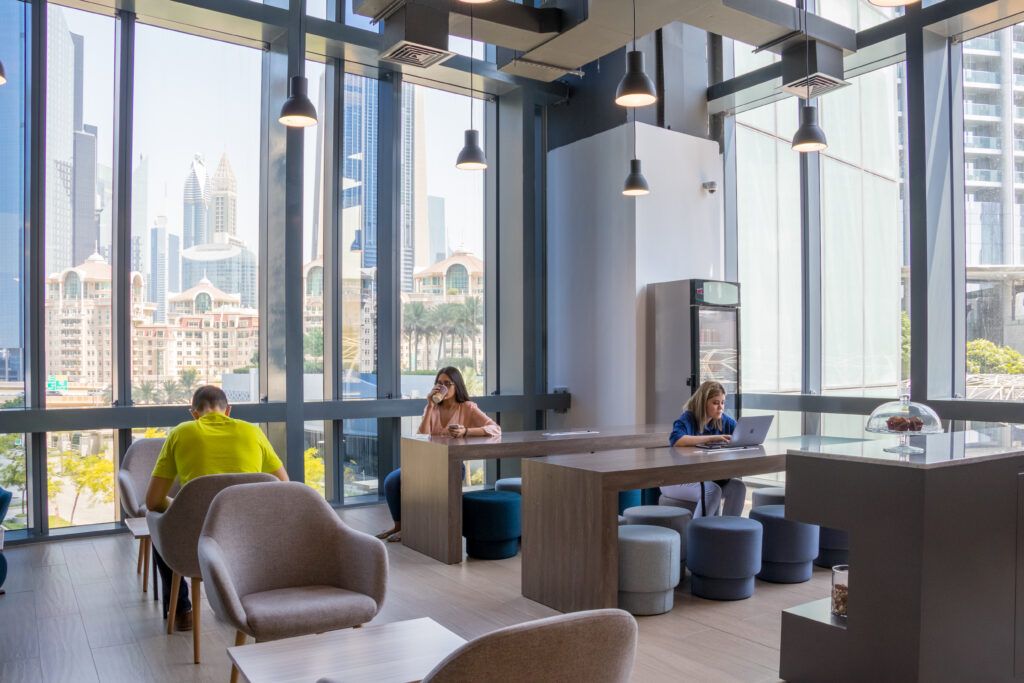
Requirements to Obtain A Freelance License in Dubai
Eligibility Criteria
To obtain a freelance license and visa in Dubai, applicants must meet certain requirements to ensure they operate professionally and legally in the UAE:
- Minimum age
Applicants must be at least 18 years old to apply for a freelance license. - Relevant qualifications
If your freelance work requires specific expertise or certifications, you should hold diplomas, degrees, or professional certificates to prove your qualifications. - Experience
While formal qualifications are not always mandatory, relevant work experience in your chosen field is important to demonstrate your skills and professionalism. - Clean criminal record
Applicants must have no criminal history. A background check may be part of the application process.
Required Documents
The application process for a freelance permit in Dubai is generally straightforward, but the necessary documents include:
- A valid copy of your passport to confirm your identity.
- If already a UAE resident, a copy of your visa and Emirates ID.
- If currently employed in the UAE, a No Objection Certificate (NOC) from your existing sponsor to confirm there are no conflicts with your freelance work. This usually applies to those on an employment visa.
- A passport-sized photograph for identification purposes.
- A professional CV outlining your qualifications and work experience in the freelance field.
- For creative or specialised services (such as design, writing, or photography), a portfolio showcasing your work may be required.
Industry-Specific Requirements
Some fields have additional documentation requirements:
- Creative industries
Freelancers in design, art, media, or entertainment may need to provide a portfolio or examples of previous work.
- Technical fields
Freelancers in IT, engineering, or education may be required to submit relevant certifications or qualifications. - Consultancy and education
Consultants or educators may need to provide academic qualifications and professional credentials to comply with local regulations in these sectors.
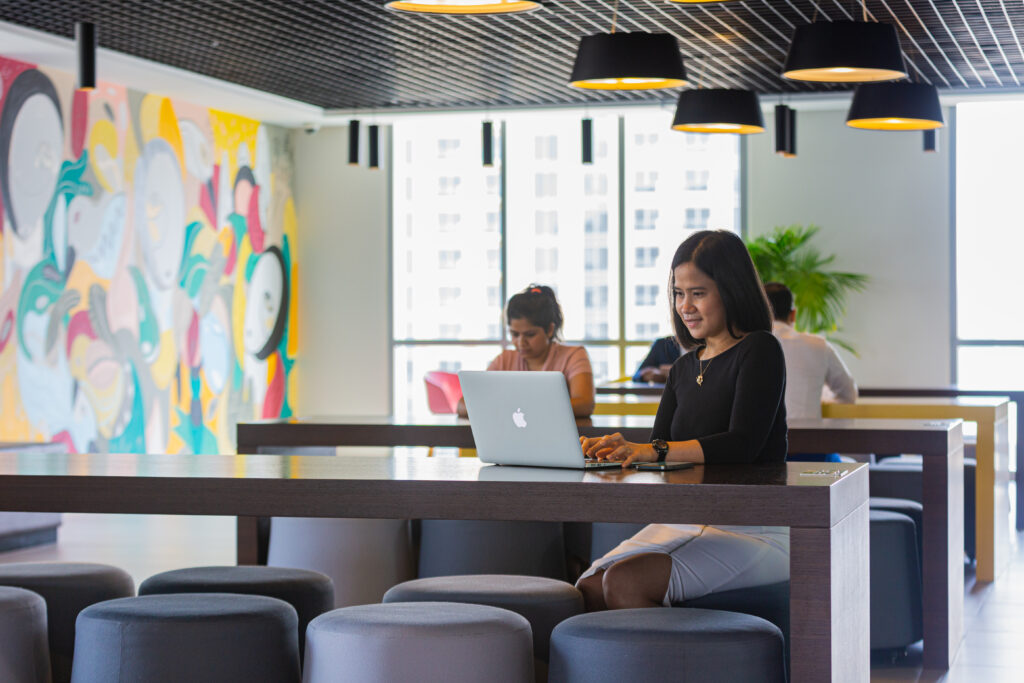
Activities Permitted Under a Dubai Freelance License
A freelance license Dubai covers a wide range of activities, including:
- Creative services such as graphic design, content creation, and media production.
- Technology and IT services.
- Education and consultancy.
- Marketing, advertising, and social media management.
- Design and consulting services.
- Content production, publishing, and the arts.
Free Zones Offering Freelance Licenses in the UAE
Several free zones offer tailored packages for freelancers, including:
- Ras Al Khaimah Economic Zone (RAKEZ): Cost-effective and ideal for IT, design, and education freelancers.
- Dubai Technology, Electronic Commerce, and Media Free Zone (Tecom): Best suited for media and technology professionals.
- Sharjah Media City (Shams): Affordable and creative-focused.
- Ajman Free Trade Zone: Known for low costs and flexible setups.
- Umm Al Quwain Free Zone (UAQ): Simple setup with broad activity options.
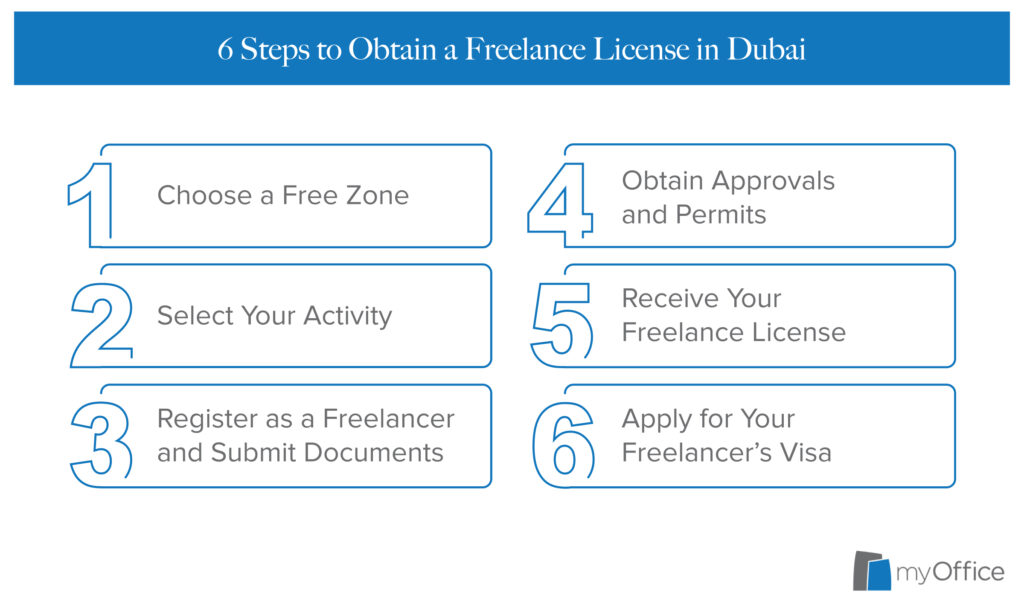
Step-by-Step Guide to Obtaining a Freelance License Dubai
Obtaining a freelance permit and visa in Dubai is a straightforward process, though it involves several key steps to ensure you are legally established to work in the UAE. Here is a breakdown of the process:
1. Choose A Free Zone
The first step is to select a suitable free zone. Research the free zones that offer freelance licenses and choose the one that provides the best combination of services and value for your needs.
2. Select Your Activity
Decide on the specific business activity or idea you wish to undertake. Freelancers can operate in a wide range of sectors, including IT, design, media, and education.
3. Register As A Freelancer And Submit Documents
Apply for a freelance permit by submitting the required documents, which generally include a valid passport copy, proof of qualifications (if applicable), and a portfolio of your work. Depending on the free zone, this process typically takes between five and ten working days.
4. Obtain Approvals And Permits
Once your application is submitted, the free zone authority will review your documents and approve your freelance permit. This permit enables you to legally operate as a freelancer in Dubai.
5. Receive Your Freelance License
After approval, you will be issued your freelance license, allowing you to commence business activities, open bank accounts, and enter into legal contracts within the UAE.
6. Apply For Your Freelancer’s Visa
With your license in place, you can then apply for a freelance visa. This residence visa allows you to live and work in the UAE for up to two years. The process includes securing an entry permit, undergoing a medical fitness test, and providing fingerprint records.
DED Freelance License
A DED freelance license is a specific type of license issued under the Dubai Department of Economic Development (DED). It allows freelancers to work across the entire UAE, not limited to free zones, and may offer greater flexibility in business operations compared to a standard freezone license.
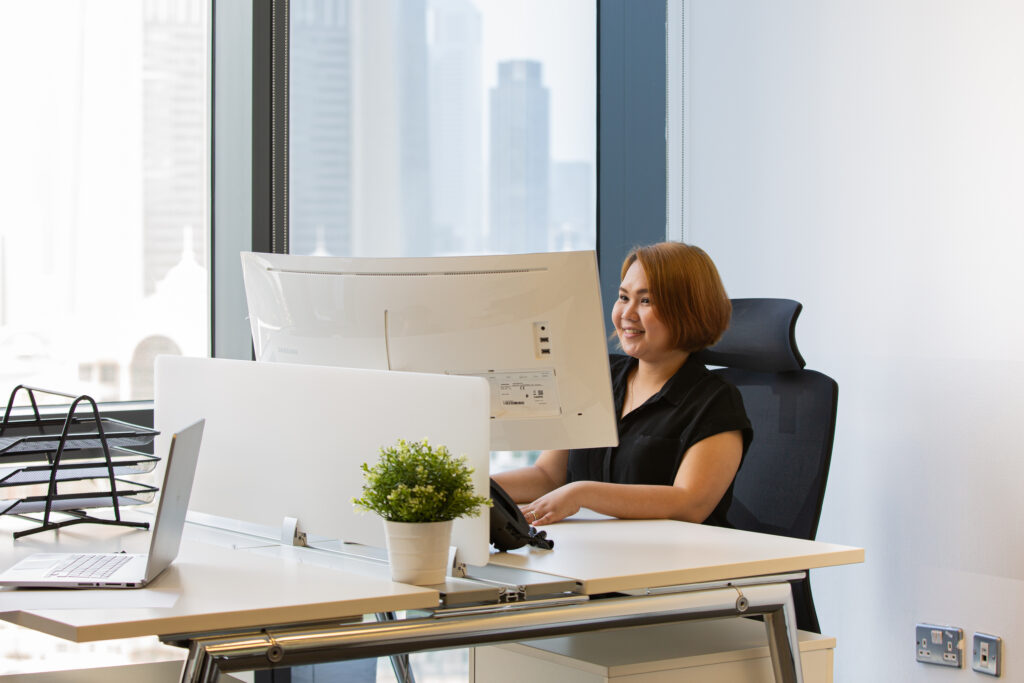
Why Work with myOffice for Your Freelance License in Dubai
Navigating the process of obtaining a freelance license in Dubai can be complex. myOffice simplifies this journey by offering comprehensive enterprise and PRO services, handling all paperwork, and ensuring full compliance with regulations.
In addition, myOffice offers flexible workspace solutions, including virtual offices, serviced offices, coworking spaces, and meeting rooms, allowing you to work professionally and efficiently without the overhead of a traditional office.
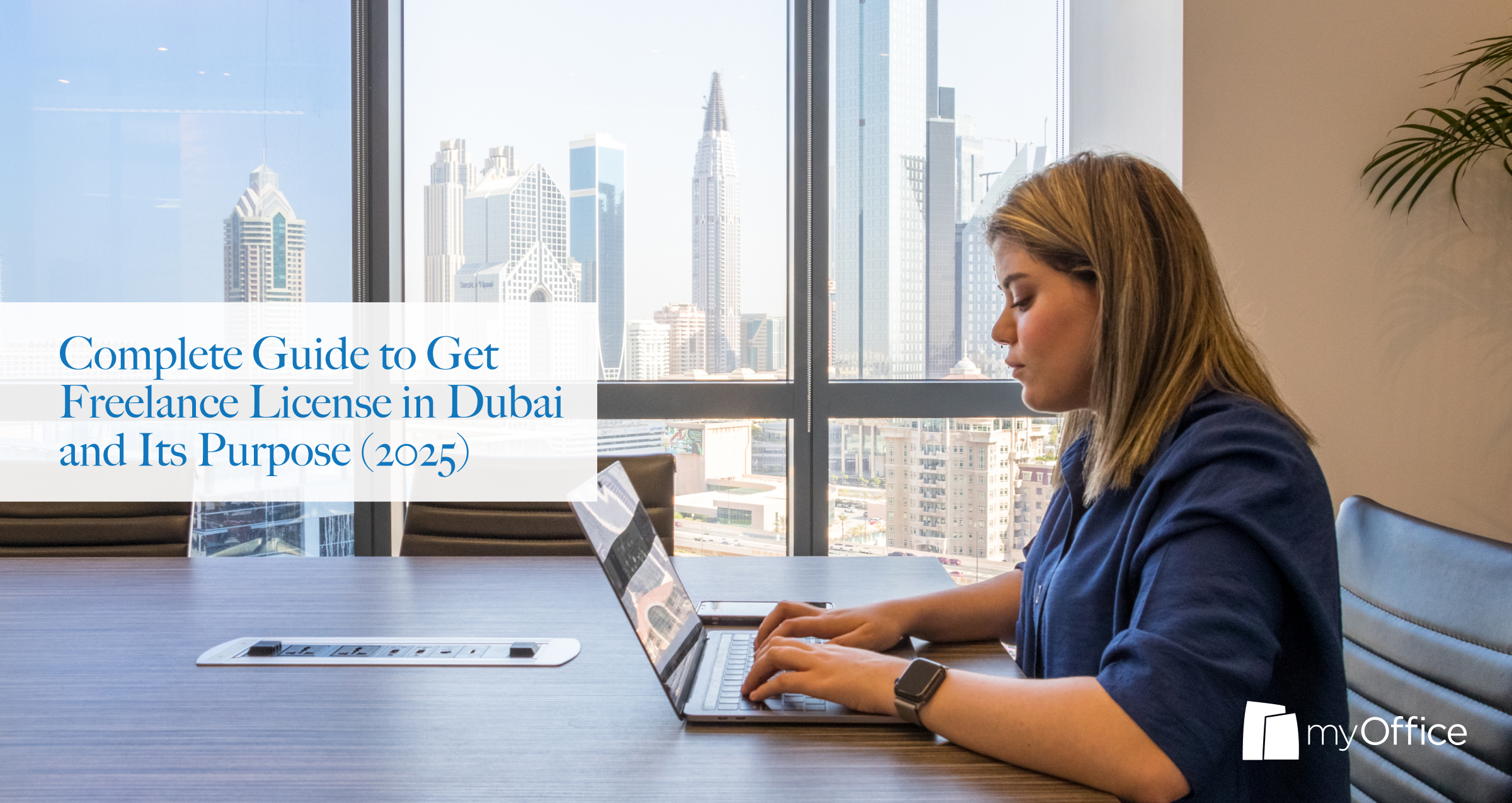
Leave a Reply